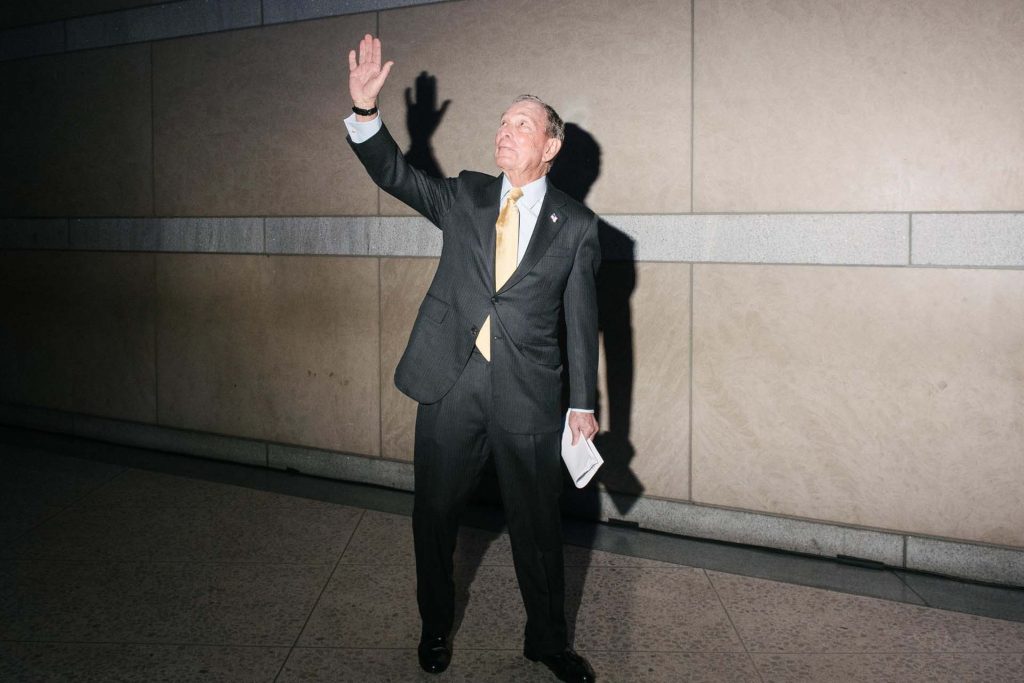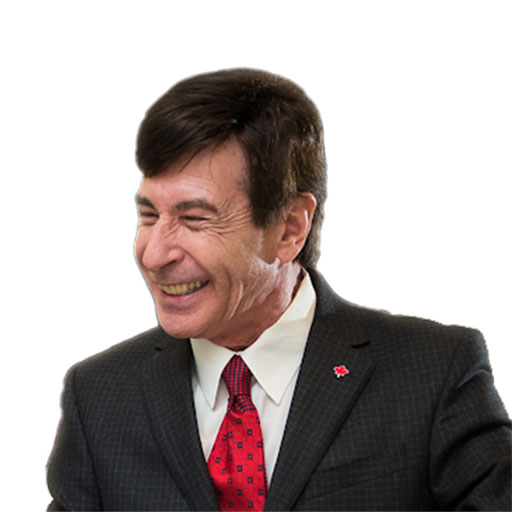Will Michael Bloomberg be the next President of the United States?
As we approach the Iowa caucuses in the United States, many Americans and political observers from around the world have noted that the leading candidates from both the Republican and Democratic parties are a bit radical and present the public with a difficult choice. Donald Trump is decisive, fearless, and unwavering, but still terrifies large swaths of the population due to his ongoing propensity for making what many view as racist remarks and sweeping generalizations. Bernie Sanders, who has pulled ahead of former Democratic frontrunner Hilary Clinton, presents a platform which would be-for better or worse- a very major disruption for Wall Street and for campaign financing in Washington, outlining many new programs that for the right-wing are nothing short of socialist, a label he himself does not shy away from. In short, these two contenders are highly divisive and leave many political commentators with the question…” How do we reconcile the huge political divide in America so that the country is not operating in a fashion which leads inevitably to brinksmanship, partisanship, and political stalemate?”
Enter former three-term New York Mayor and (like Trump) multi-billionaire Michael R. Bloomberg, the founder of Bloomberg L.P. who has declared that he is presently considering a run at the Presidency on an “Independent” ticket, declaring that he will make his decision by early March. The 73-year-old business leader has a lot of Americans thinking this week about how this candidacy would affect the race for the White House, and how he potentially could offer a more unifying platform that would put many much more at ease going into the next elections. He is reportedly willing to spend $1.3 billion of his own money on any eventual campaign, which would seem to put him in the same envious category of both other lead candidates in that he would not theoretically be beholden to any special or corporate interest groups, a trait that has decidedly taken on a great deal of importance for many voters.
Bloomberg was an extremely popular Mayor of New York and before that a highly-respected business leader who inspired a lot of confidence amongst his supporters. When he addressed the Empire Club 18 years ago while still at the head of Bloomberg L.P. on the topic of “Technology in the Next Century”, it was an extremely well-received speech and already gave us some clues into the political character of the man. In the context of his speech on technology, he was already asking all of the tough questions as to how to make politics work effectively in the new, digitalized world that was already clearly emerging at the end of the last century. Here is a quote from that memorable speech:
“When you listen to the politicians talk, their problem is we are going from a physical world to a logical world and it’s very difficult for politicians to redistribute wealth, meaning tax and spend, or to regulate. And that’s the job of politicians. We want our politicians to do that. We may disagree as to whom they should tax and what they should do with the money and what’s appropriate regulation but nobody seriously suggests we shouldn’t have some ways to force us all to pay our fair share and to obey certain laws. The trouble is in a logical world that’s very difficult and the politicians are screaming out there. They don’t know how to get their hands around it.” Michael Bloomberg may or may not declare his candidacy in the coming weeks, but one thing is already certain…the amount of media interest in this possibility makes it clear that for many American voters, this would be a game-changer and add an extremely interesting new twist to the often tortuous story on how America elects a person to the top office of the land.


